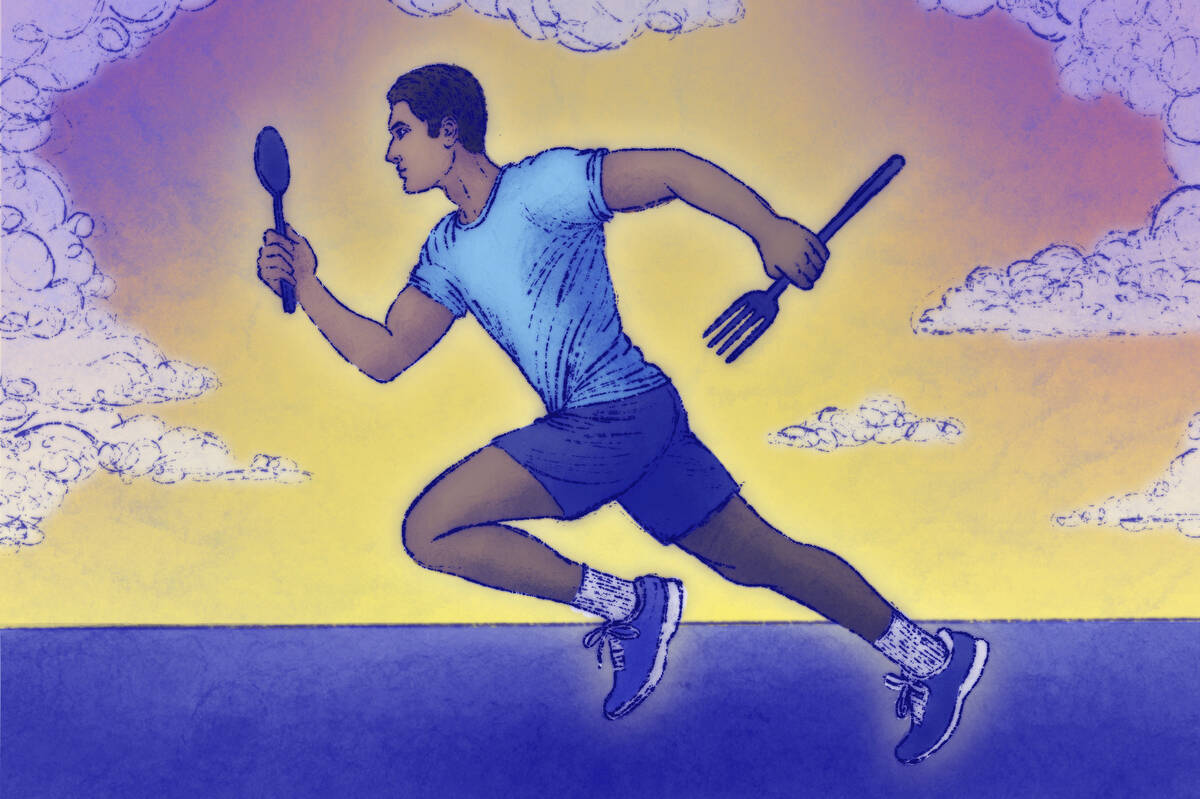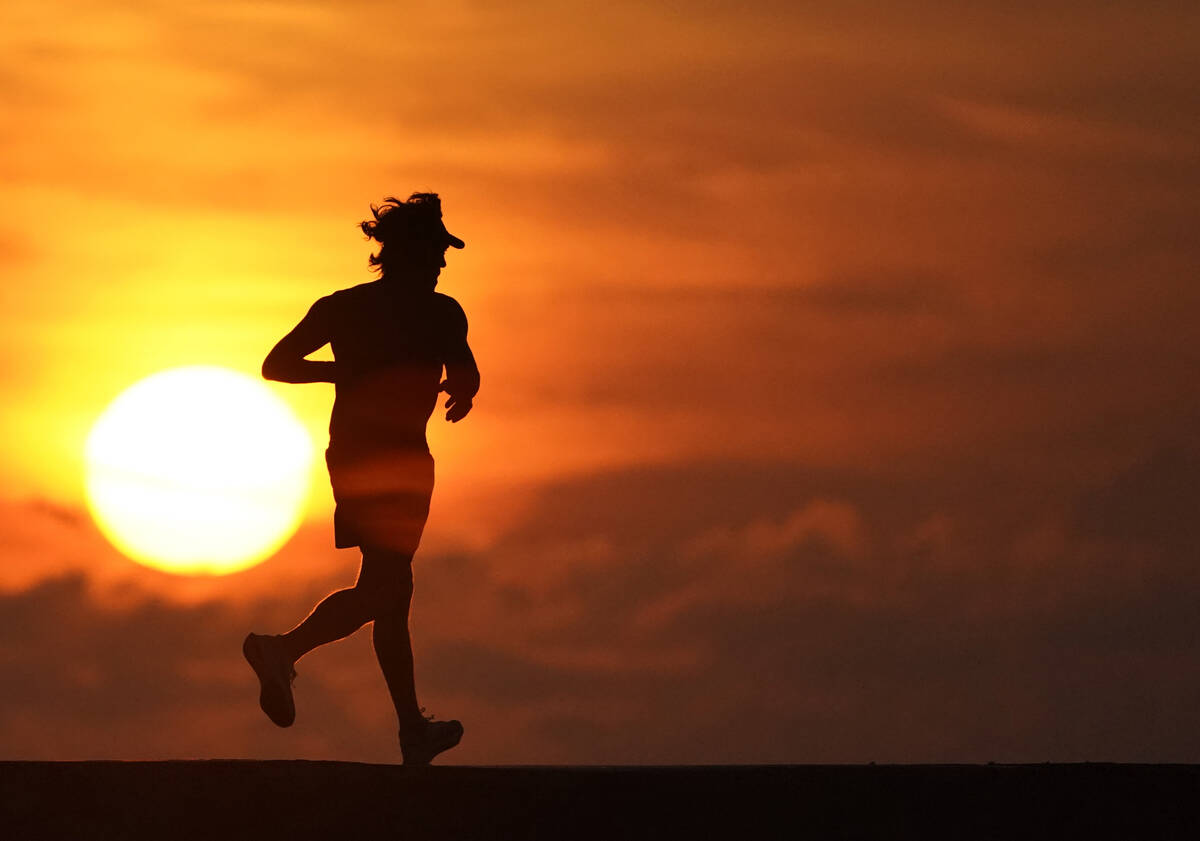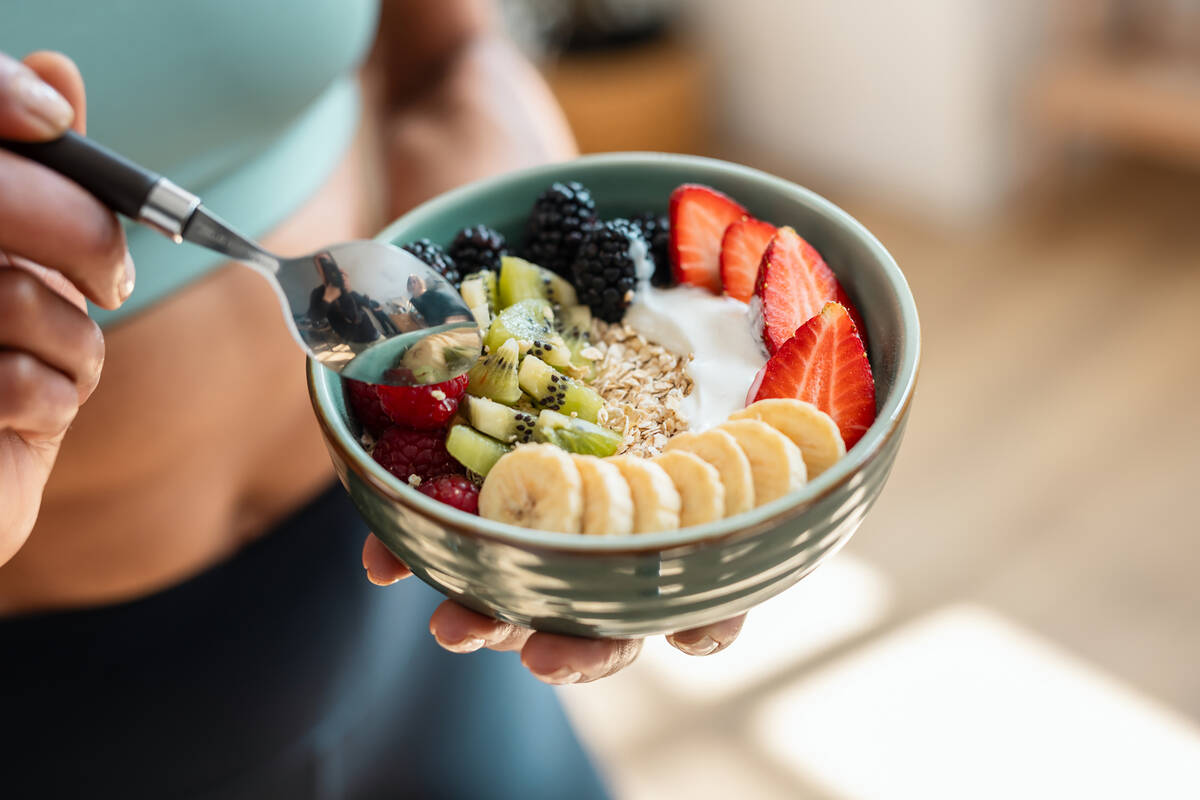When should you eat? Before or after exercising?
If you listen to some self-proclaimed exercise experts on social media, they swear that working out on an empty stomach burns more fat.
But it’s a common misconception that exercising in a fasted state improves performance or burns more calories, says Abby Langer, a dietitian in Toronto.
“The research shows that, in terms of gains, it doesn’t really make much of a difference,” she says.
Does that mean you should load up on protein and carbs right before a workout? No, that’s not true either.
Here’s a look at when — and how — you should eat, before, after or even during a workout. (And remember, experts say what you eat is more important than when you eat.)
Eating before exercising
The calories in food literally are energy, so you need them to fuel your body for a proper workout. Eating too much too soon beforehand, though, can be problematic.
Exercising diverts blood from organs including the stomach to the muscles, says Langer, author of “Good Food, Bad Diet.” So exercising on a full stomach affects the digestive process, which could cause cramping or even make you feel sick.
That’s particularly the case with meals high in fat, protein or fiber, which take longer to digest than carbohydrates. Langer recommends eating a high ratio of carbs beforehand and waiting two to three hours before intense exercise.
“You don’t want to eat a big steak an hour before you play hockey,” she says.
If you exercise first thing in the morning or before dinner, it’s OK to have a carb-rich snack like a banana with peanut butter or yogurt with fruit beforehand. It will give you the energy to perform well, and you can fuel up afterward with a full meal.
Eating after exercise
That steak may serve you better afterward because that’s when a higher ratio of protein is easier to digest, says Krista Austin, a physiologist in Colorado Springs, Colorado.
If it will be an hour or longer before you can have a full meal, Austin says, it’s better to have a high-protein snack in the meantime to help curb your appetite. The reason has little to do with muscle recovery or nutrient absorption: Rather, people who are too hungry make poor dietary choices.
“A lot of people get very hungry about an hour after exercise, and you don’t want to do that,” says Austin, author of “Performance Nutrition: Applying the Science of Nutrient Timing.” “You want to catch it early, or you go and overeat.”
But it’s another myth that you need to grab a protein shake within minutes of finishing to build the biggest muscles, Langer says.
Many exercise enthusiasts point to what’s known as an “anabolic window” of about an hour within exercising that the body is primed to repair muscle. For the average person, you have a much longer window, and nutrient timing is less important than making sure you consume some protein at every meal, Langer says.
The body needs a continuous supply of amino acids like protein for muscle repair and maintenance, she says, which means about 25 to 30 grams at every meal, depending on various factors.
“Prioritizing that will help with goals: muscle building, satiety, weight loss, all of that,” Langer says.
Eating during exercise
Most people who are eating enough throughout the day don’t need anything during a workout. Langer and Austin say the threshold is about an hour of intense exercise. Longer than that — say you’re training for a marathon — and you can benefit from a carb-rich snack in the middle.
Instead of focusing on when to eat, Austin says to focus on what and how much. She cautions against overcomplicating the topic and suggests following the USDA’s My Plate recommendations for a balanced diet.
“The biggest thing we need to teach people is that nutrition is simple,” she says. “Maybe you need to stop focusing on the concept of nutrient timing and just make sure that you’re consistently eating throughout the day and focus on health.”



















